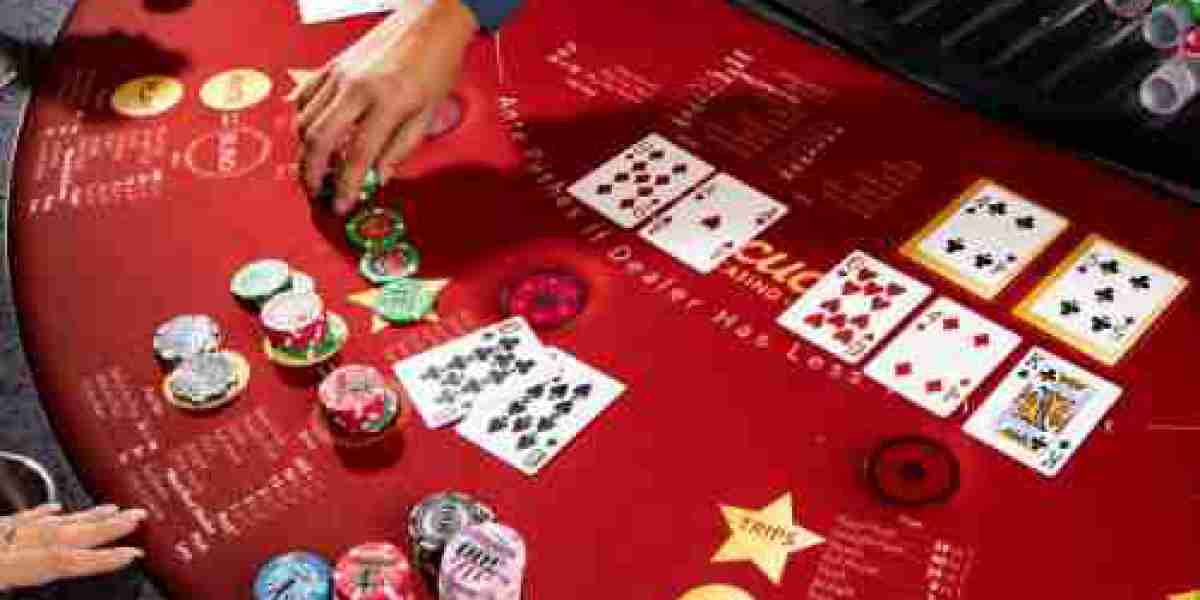Poker is often considered a game of skill, strategy, and luck, but a crucial aspect that sets great players apart is their mental game. The psychology of poker plays a significant role in a player's success, as it influences decision-making, emotional control, and social dynamics at the table.
The Mental Skills Required in togel asia
1. Emotional Control: Managing tilt, anxiety, and frustration is essential to avoid making impulsive decisions.
2. Focus and Concentration: Staying attentive and engaged during long sessions is crucial to make optimal decisions.
3. Self-Awareness: Understanding your strengths, weaknesses, and biases helps you make better decisions and adjust your strategy.
4. Social Awareness: Reading opponents' body language, tone, and betting patterns helps you make more informed decisions.
5. Adaptability: Adjusting to changing table dynamics, opponents' strategies, and card distributions is vital to stay competitive.
The Impact of Psychology on Poker Decisions
1. Biases and Heuristics: Cognitive biases like confirmation bias, anchoring bias, and the sunk-cost fallacy can lead to suboptimal decisions.
2. Emotional Decision-Making: Fear, greed, and anger can cloud judgment, leading to impulsive decisions.
3. Table Image and Deception: Projecting a certain image or using deception to manipulate opponents' perceptions can be a powerful tool.
4. Reading Opponents: Paying attention to non-verbal cues, betting patterns, and playing style helps you make more informed decisions.
Improving Your Mental Game
1. Mindfulness and Meditation: Practicing mindfulness and meditation can improve emotional control and focus.
2. Self-Reflection and Journaling: Analyzing your game and thoughts helps identify areas for improvement.
3. Study and Learning: Expanding your knowledge of poker strategy and psychology helps you make better decisions.
4. Experience and Practice: The more you play, the more you'll develop your mental skills and instincts.
Conclusion
The psychology of poker is a vital aspect of the game that can make or break a player's success. By developing emotional control, focus, self-awareness, social awareness, and adaptability, you'll become a more formidable opponent and improve your chances of winning. Remember, the mental game is just as important as the cards you're dealt.


